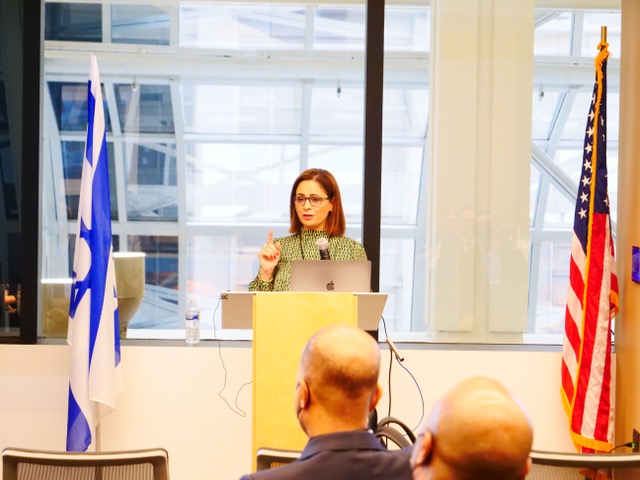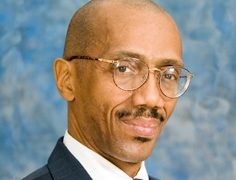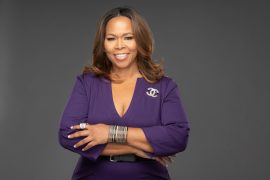I attended a meeting sponsored by Yinam Cohen, The Consul General of Israel. He convened local officials, academicians, and administrators to hear a discussion with Professor Mona Khoury-Kassbari, Vice President of Strategy at the Hebrew University of Jerusalem. The discussion was on diversity, equity, and inclusion. She is the first-ever Arab Woman to serve as Vice President at the University.
Many best practices could become proven approaches for Americans trying to obtain diversity. At the University, the population of Jews is 74% to Arabs at 21%, and others at 5%. They recognize academic challenges, financial difficulties, social, cultural, religious, and even political issues. They are divided into academic units: diverse learning groups, peer groups, and mentoring programs.
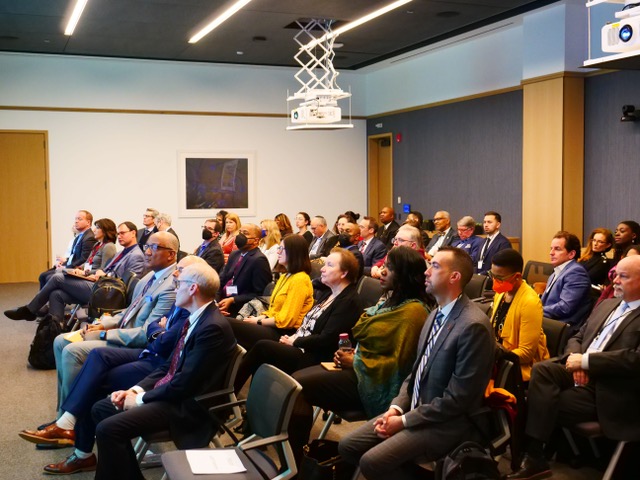
One of the most impressive elements of the programs was the Ambassadors Program. The students come from diverse backgrounds; and are specially trained in communication skills such as marketing, internet, social media, and the presentation of personal stories. In addition, ambassadors organize multicultural events on campus, lead campus tours, and advise high school students interested in attending the University. On scholarship, this is an excellent way of inclusion for the students.
Particular emphasis is placed on first-generation students.
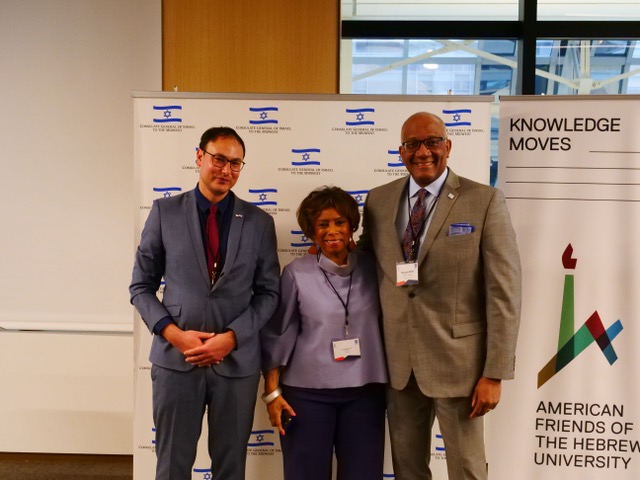
There is support for graduate students and an emphasis on leadership programs. Interactions are encouraged with academic tasks, departmental initiatives, and entrepreneurship incubators. Community involvement is practiced. There is an urban clinic in the faculty for social sciences. There is a good neighbors program.
The challenges of diversity/inclusion are increasing student awareness and overall sense of belonging, providing academic guidance and counseling for students, enabling the University to serve as an influencer in promoting inter-group contact and partnership in Israeli society.
It was most interesting to hear the challenges, opportunities, and best practices from another society.


